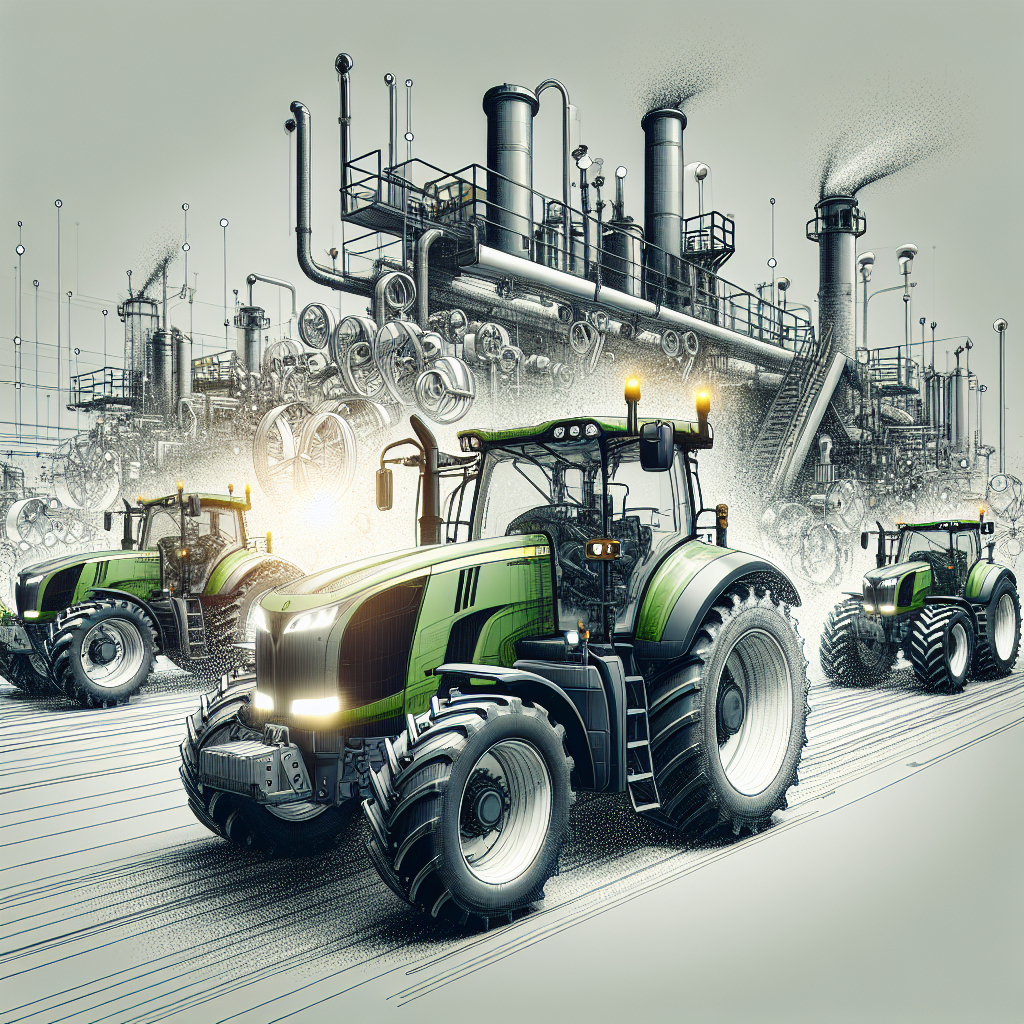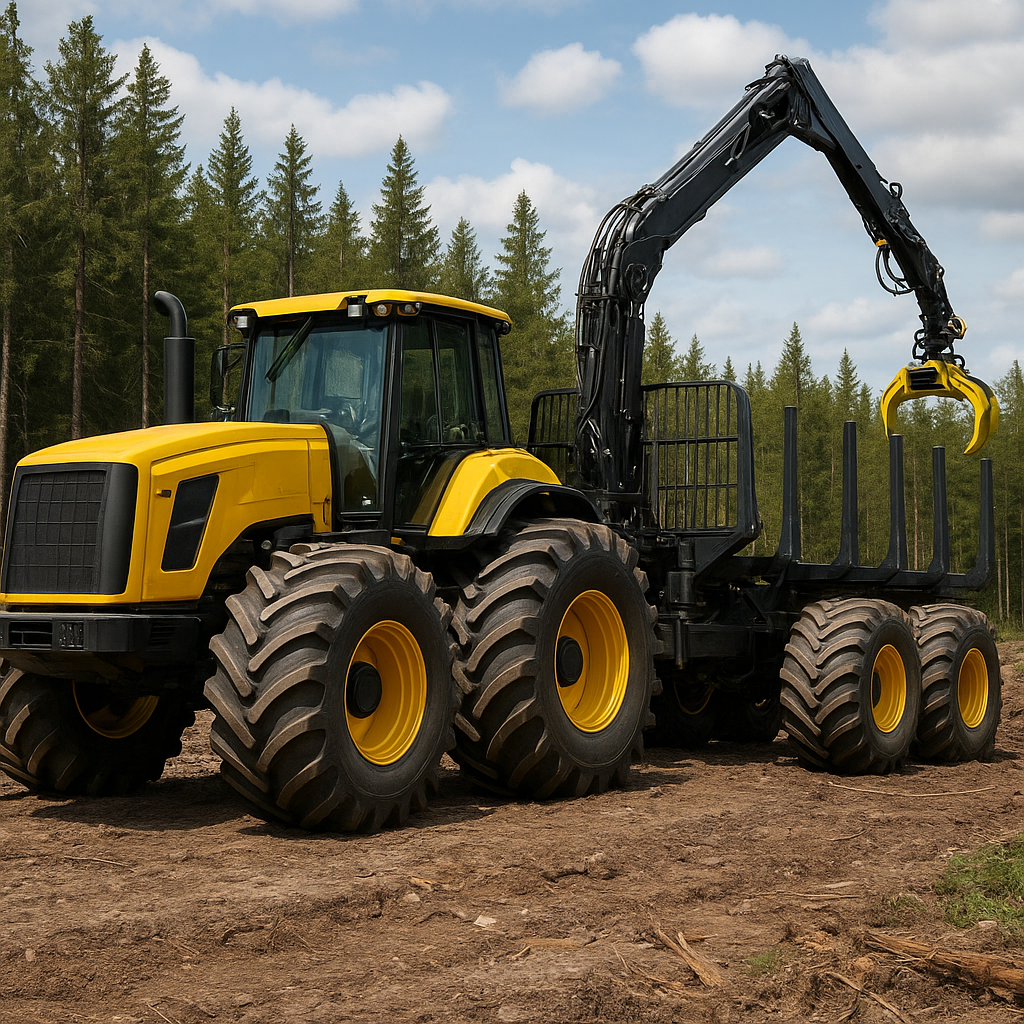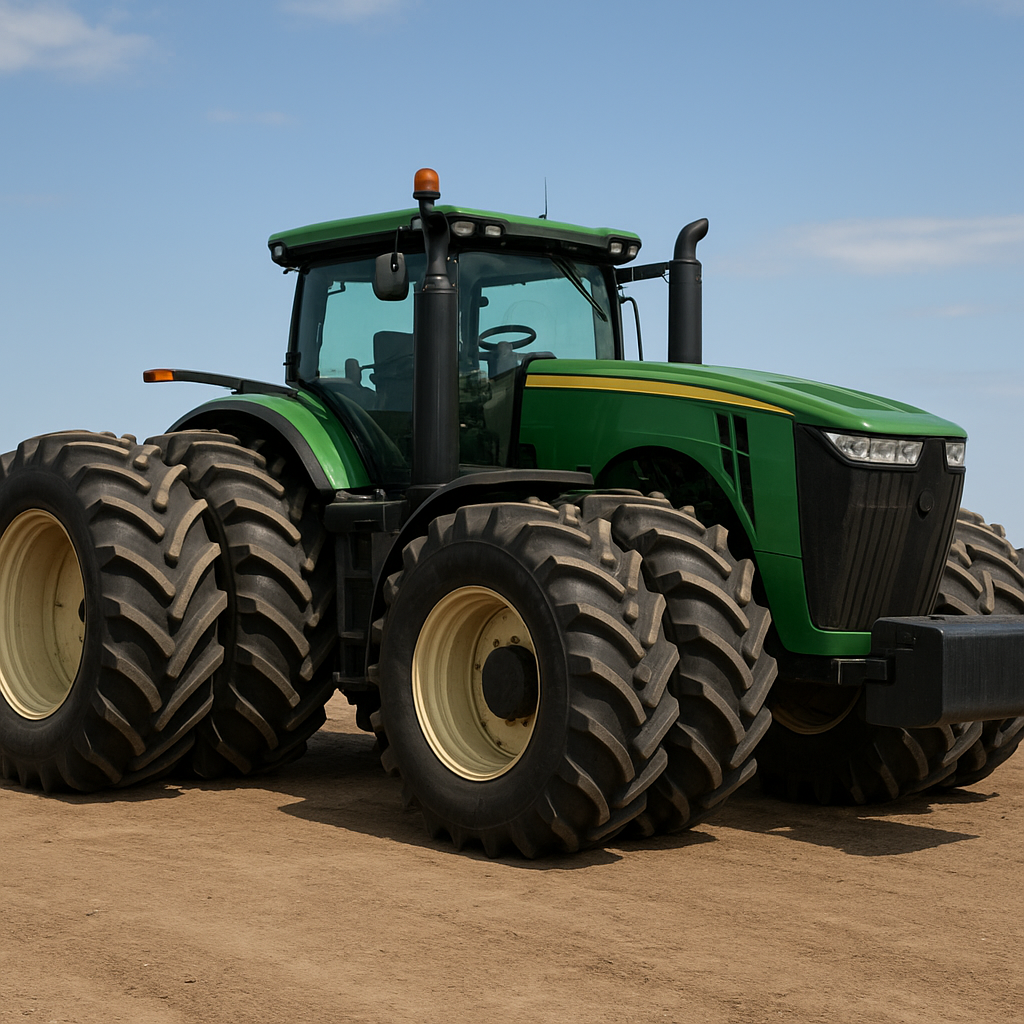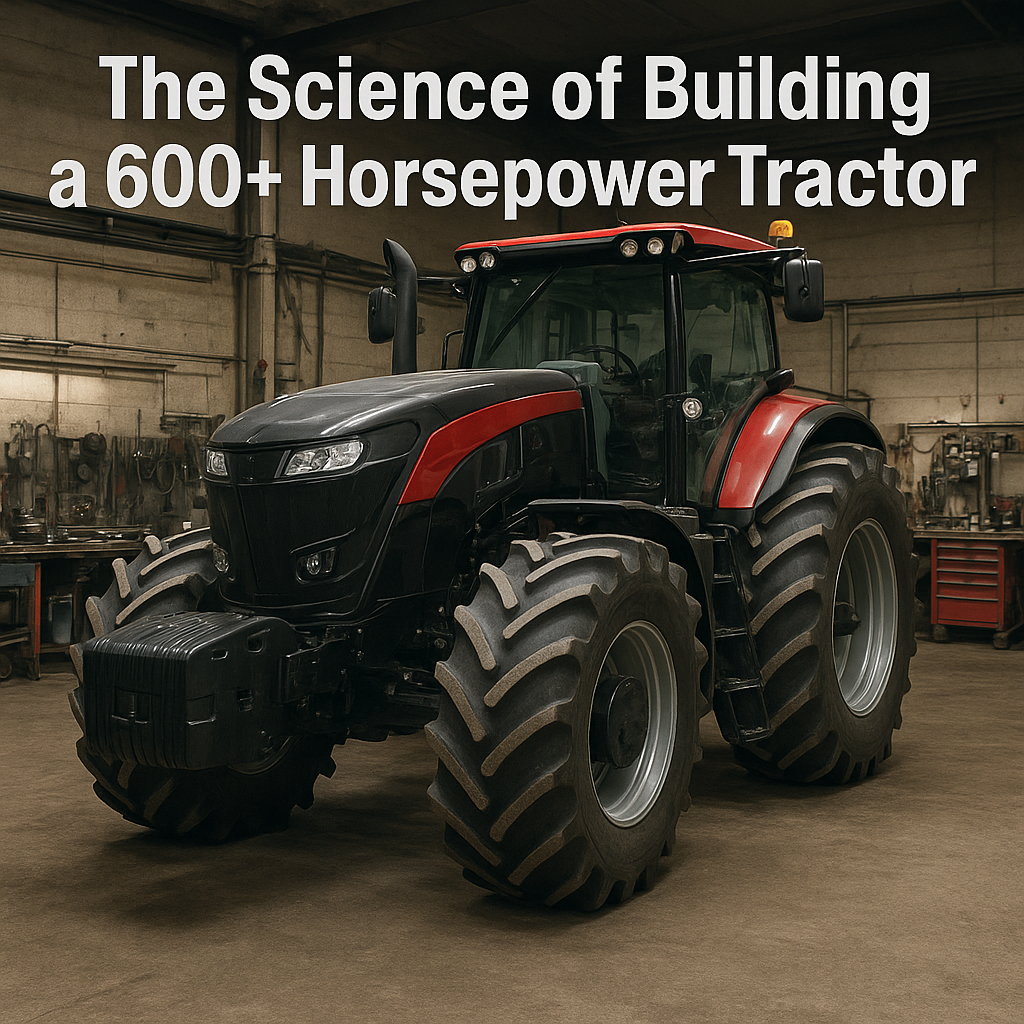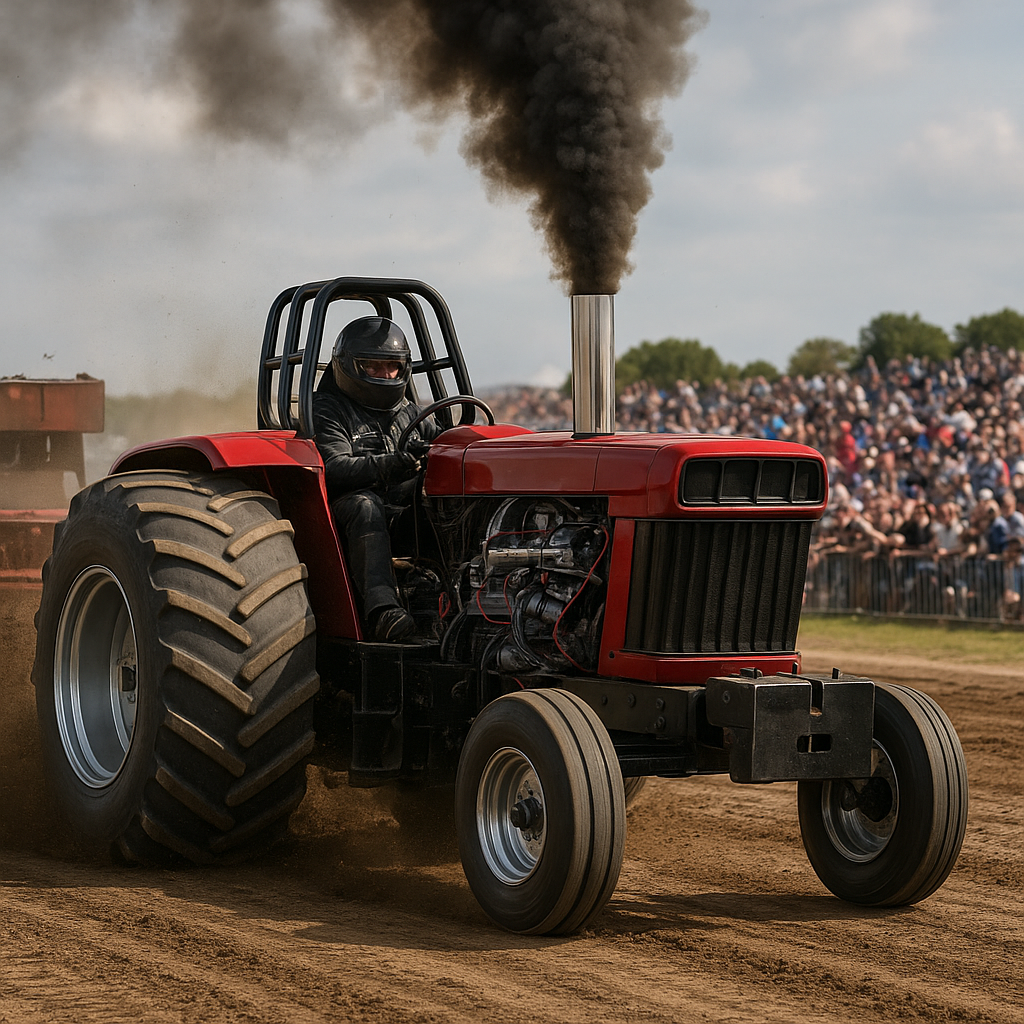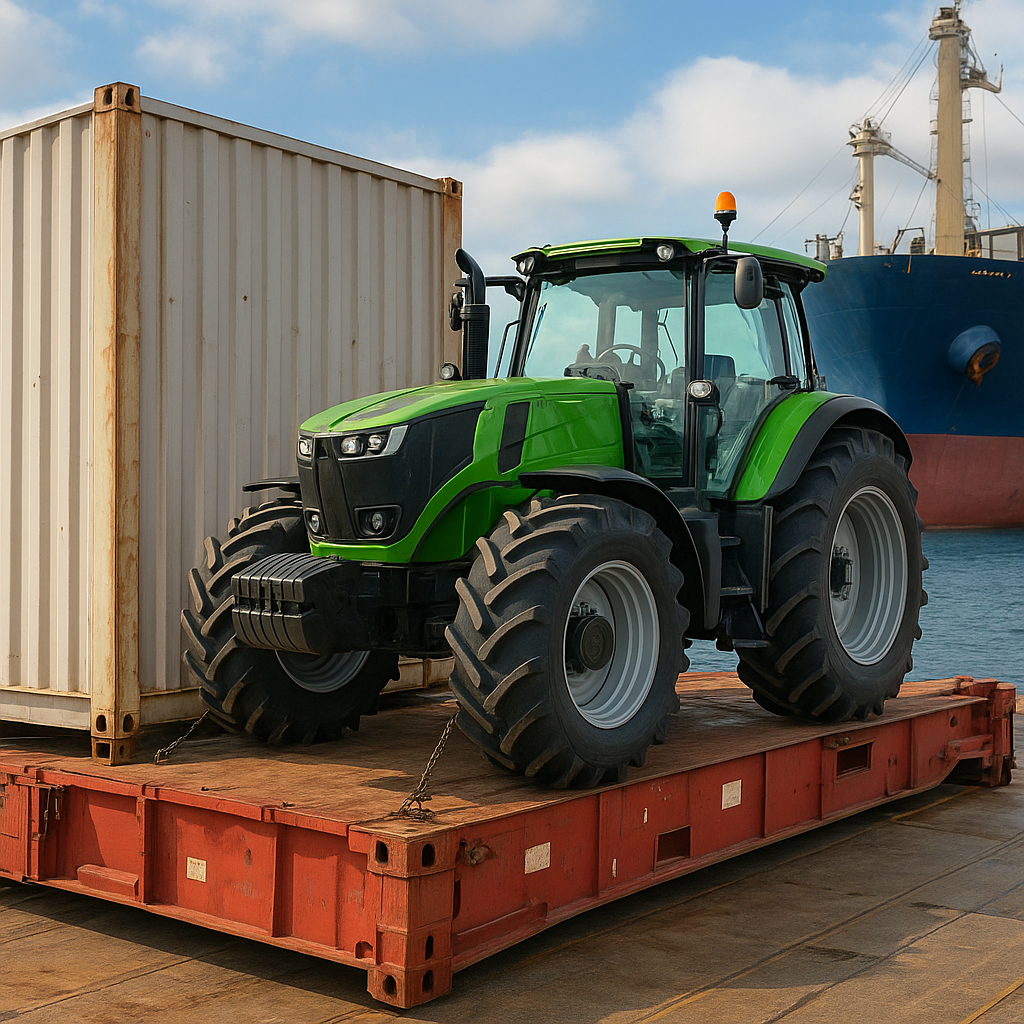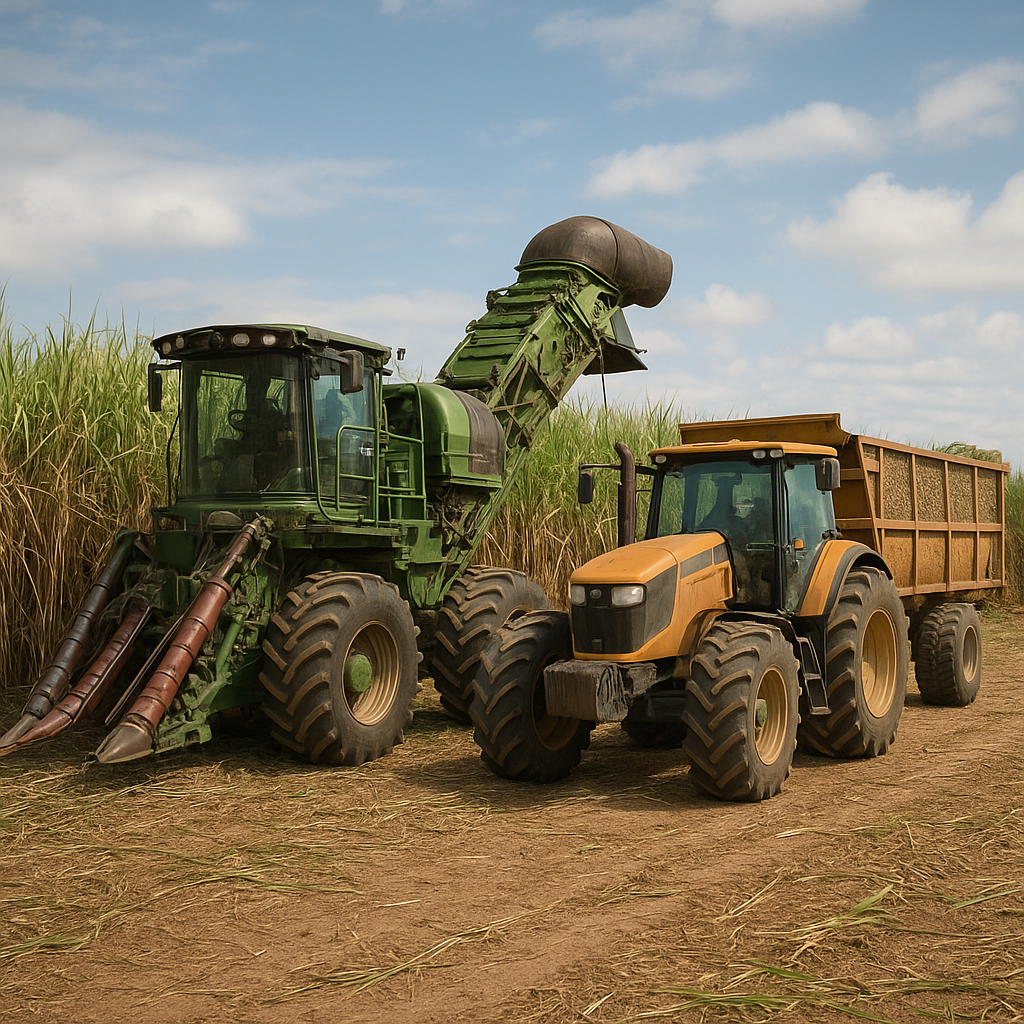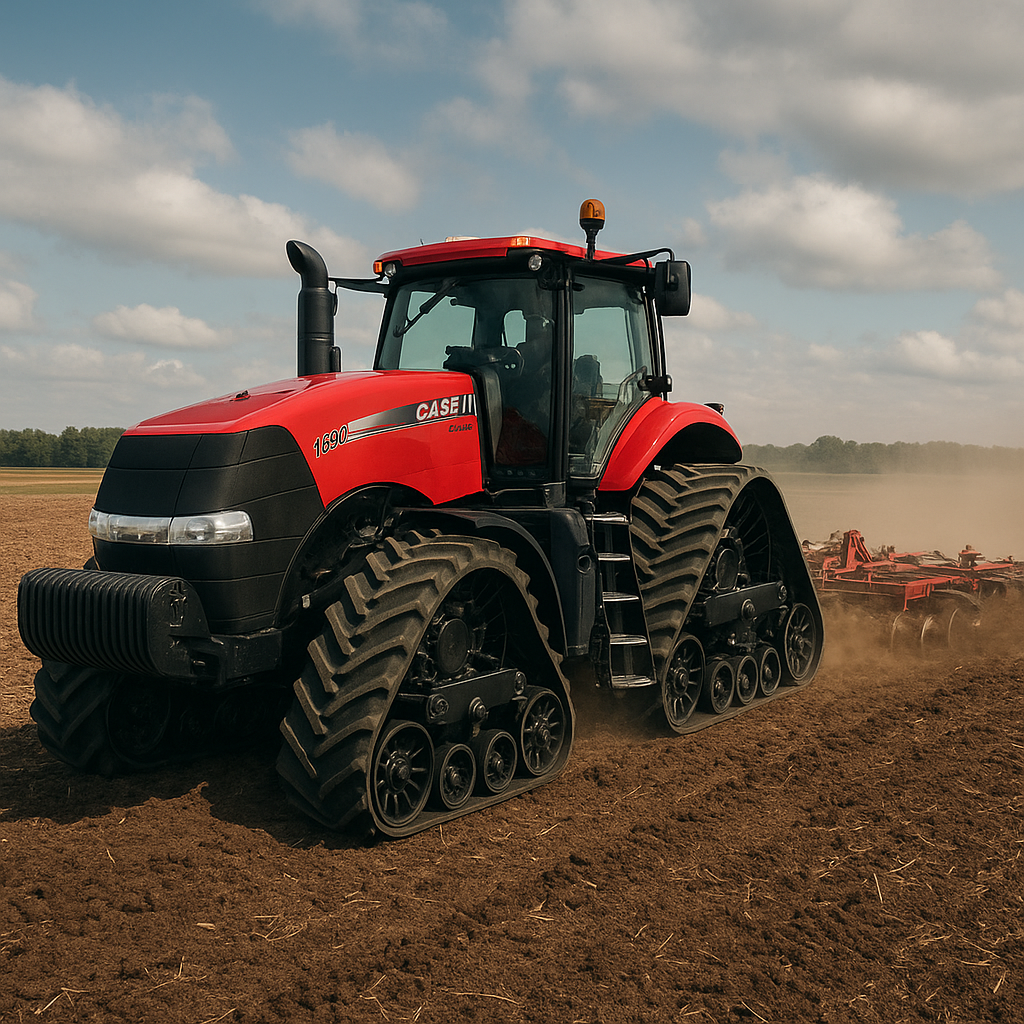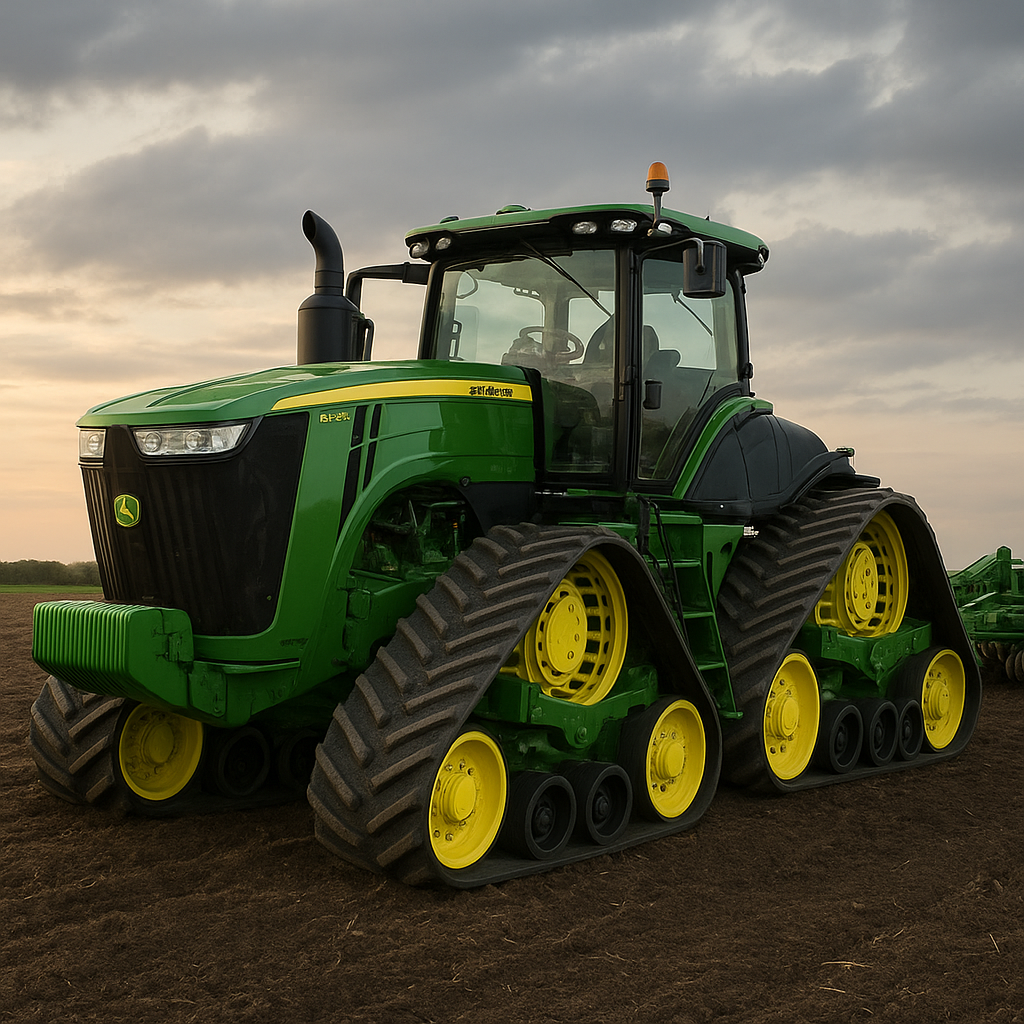Tractors have long been the backbone of modern agriculture, revolutionizing the way we cultivate and harvest crops. As technology continues to advance, the design and functionality of tractors are also evolving, promising a future where farming is more efficient, sustainable, and productive. This article delves into the top innovations in tractor design and explores what the future holds for farming equipment.
Autonomous Tractors: The Future of Farming
One of the most groundbreaking innovations in tractor design is the development of autonomous tractors. These self-driving machines are equipped with advanced sensors, GPS technology, and artificial intelligence, allowing them to operate without human intervention. Autonomous tractors can perform a variety of tasks, including plowing, planting, and harvesting, with precision and efficiency.
The benefits of autonomous tractors are manifold. Firstly, they can work around the clock, increasing productivity and reducing the time required to complete farming tasks. Secondly, they minimize human error, ensuring that tasks are performed with greater accuracy. This is particularly important for precision farming, where even small mistakes can lead to significant losses. Lastly, autonomous tractors can reduce labor costs, as fewer workers are needed to operate the machinery.
Several companies are at the forefront of developing autonomous tractors. For instance, John Deere has introduced the 8R Series, which features an autonomous mode that allows the tractor to operate independently. Similarly, Case IH has unveiled the Autonomous Concept Vehicle (ACV), a fully autonomous tractor that can be controlled via a tablet or smartphone.
Electric Tractors: A Sustainable Solution
As the world moves towards more sustainable practices, the agricultural industry is also seeking ways to reduce its carbon footprint. One promising solution is the development of electric tractors. These machines are powered by batteries instead of traditional diesel engines, resulting in zero emissions and reduced environmental impact.
Electric tractors offer several advantages over their diesel counterparts. They are quieter, reducing noise pollution on farms and in surrounding communities. They also have fewer moving parts, which means less maintenance and lower operating costs. Additionally, electric tractors can be charged using renewable energy sources, further enhancing their sustainability.
Companies like Fendt and Monarch Tractor are leading the charge in electric tractor development. Fendt’s e100 Vario is a compact electric tractor designed for small to medium-sized farms. It boasts a battery life of up to five hours and can be charged using a standard electrical outlet. Monarch Tractor, on the other hand, offers a fully electric, autonomous tractor that combines the benefits of both electric and autonomous technologies.
Smart Tractors: Integrating IoT and Big Data
The integration of the Internet of Things (IoT) and big data analytics is transforming the agricultural industry, and tractors are no exception. Smart tractors are equipped with a range of sensors and connectivity features that allow them to collect and analyze data in real-time. This data can be used to optimize farming practices, improve crop yields, and reduce resource consumption.
For example, smart tractors can monitor soil conditions, weather patterns, and crop health, providing farmers with valuable insights that can inform their decision-making. They can also communicate with other farm equipment and systems, creating a connected ecosystem that enhances overall farm management.
John Deere’s 8RX Series is a prime example of a smart tractor. It features the JDLink telematics system, which allows farmers to remotely monitor and manage their equipment. The tractor also comes with the StarFire 6000 receiver, which provides high-accuracy GPS guidance for precision farming.
Hybrid Tractors: Combining the Best of Both Worlds
Hybrid tractors, which combine traditional diesel engines with electric motors, offer a balanced solution for farmers seeking both power and sustainability. These tractors can switch between diesel and electric power depending on the task at hand, optimizing fuel efficiency and reducing emissions.
Hybrid tractors are particularly useful for tasks that require varying levels of power. For instance, they can use electric power for lighter tasks like spraying and switch to diesel power for more demanding tasks like plowing. This flexibility allows farmers to maximize efficiency and minimize fuel consumption.
One notable example of a hybrid tractor is the New Holland T6.180 Methane Power. This tractor features a methane-powered engine that can also run on diesel, providing a versatile and eco-friendly solution for modern farming. The methane engine reduces greenhouse gas emissions by up to 80%, making it a sustainable choice for environmentally conscious farmers.
Advanced Ergonomics and Operator Comfort
While technological advancements are crucial, the comfort and well-being of tractor operators should not be overlooked. Modern tractor designs are increasingly focusing on ergonomics and operator comfort, ensuring that farmers can work long hours without experiencing fatigue or discomfort.
Tractors now come with advanced suspension systems, climate-controlled cabs, and adjustable seats to enhance operator comfort. Additionally, intuitive control interfaces and automated features reduce the physical and mental strain on operators, allowing them to focus on their tasks more effectively.
For example, the Massey Ferguson 8700 S Series features a spacious cab with a panoramic view, ergonomic controls, and a state-of-the-art suspension system. These features ensure that operators can work efficiently and comfortably, even during long hours in the field.
Conclusion: The Future of Tractor Design
The future of tractor design is undoubtedly exciting, with numerous innovations poised to transform the agricultural industry. Autonomous tractors, electric tractors, smart tractors, hybrid tractors, and advanced ergonomics are just a few of the developments that promise to make farming more efficient, sustainable, and productive.
As these technologies continue to evolve, farmers will have access to a new generation of farming equipment that can help them meet the challenges of modern agriculture. By embracing these innovations, the agricultural industry can look forward to a future where farming is not only more efficient but also more environmentally friendly and economically viable.
In conclusion, the top innovations in tractor design are set to revolutionize the way we approach farming. From autonomous and electric tractors to smart and hybrid models, the future of farming equipment is bright, promising a new era of productivity and sustainability in agriculture.
